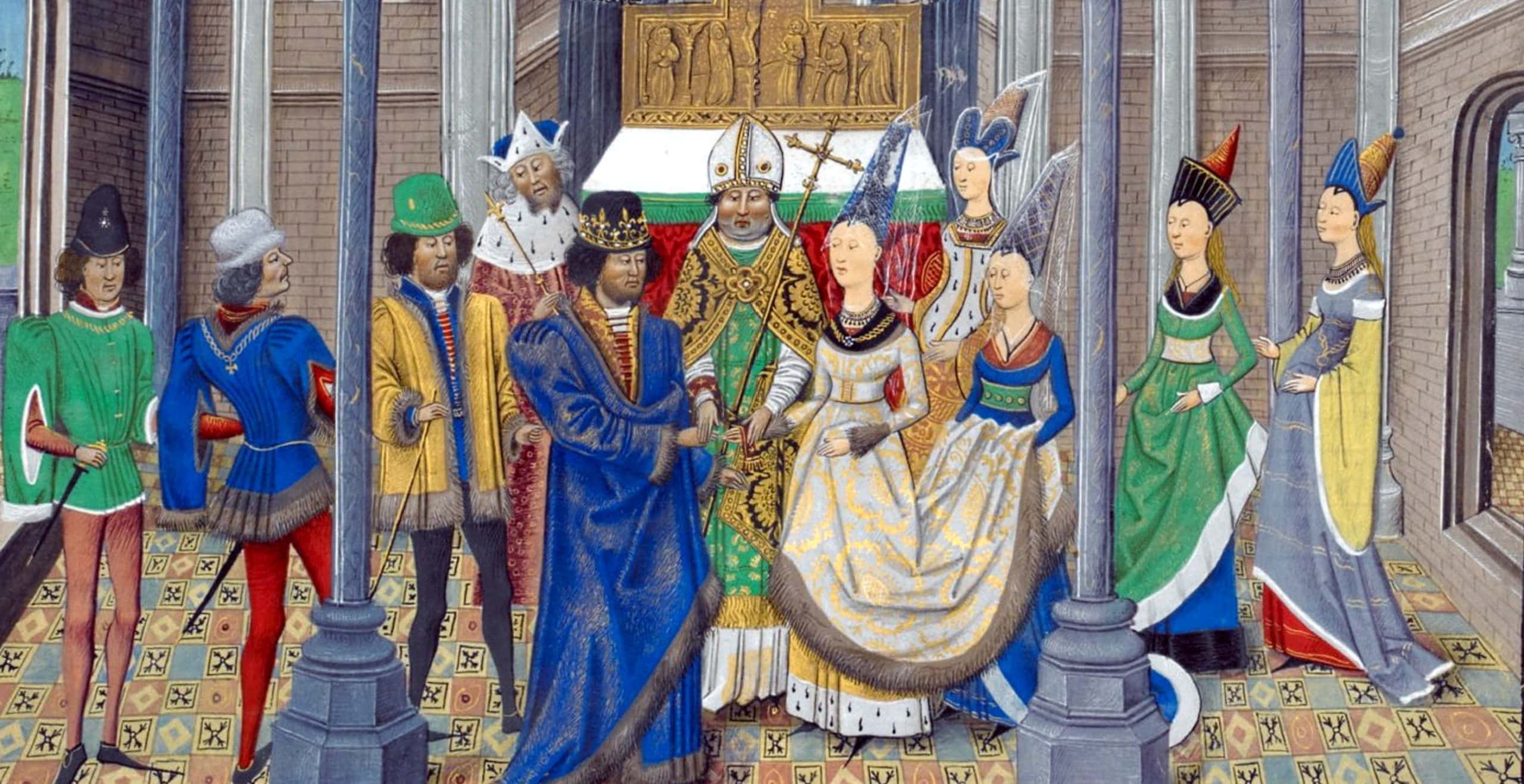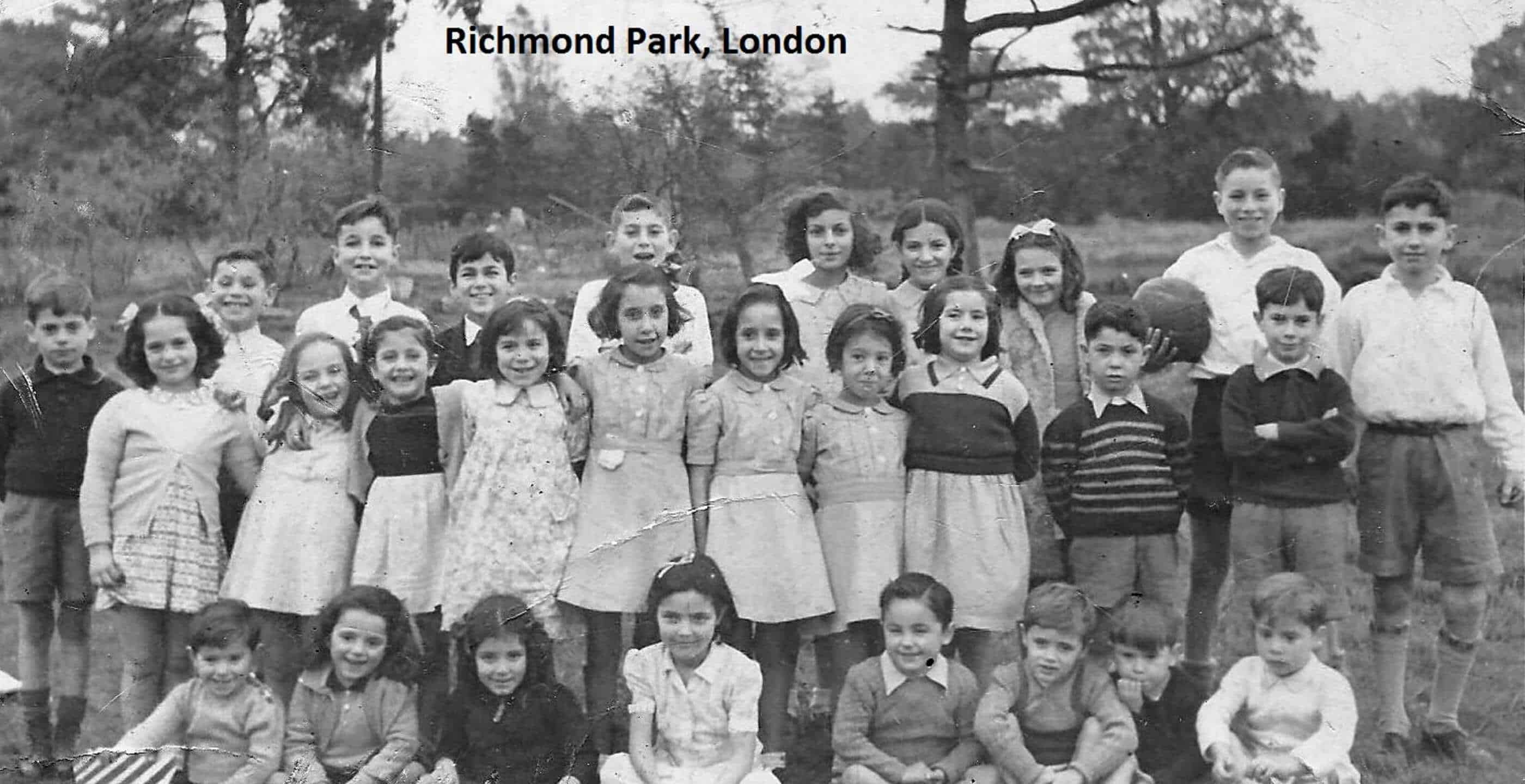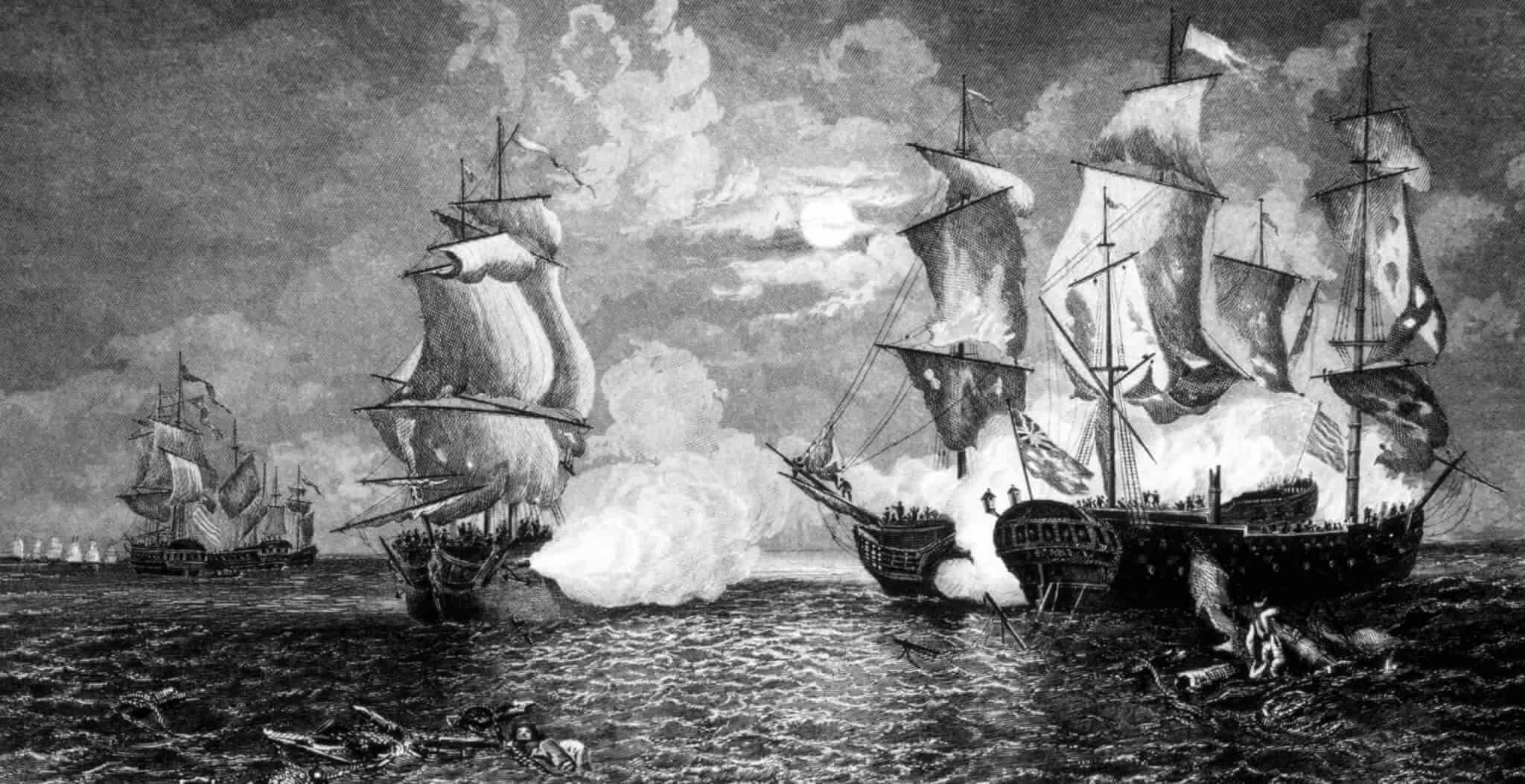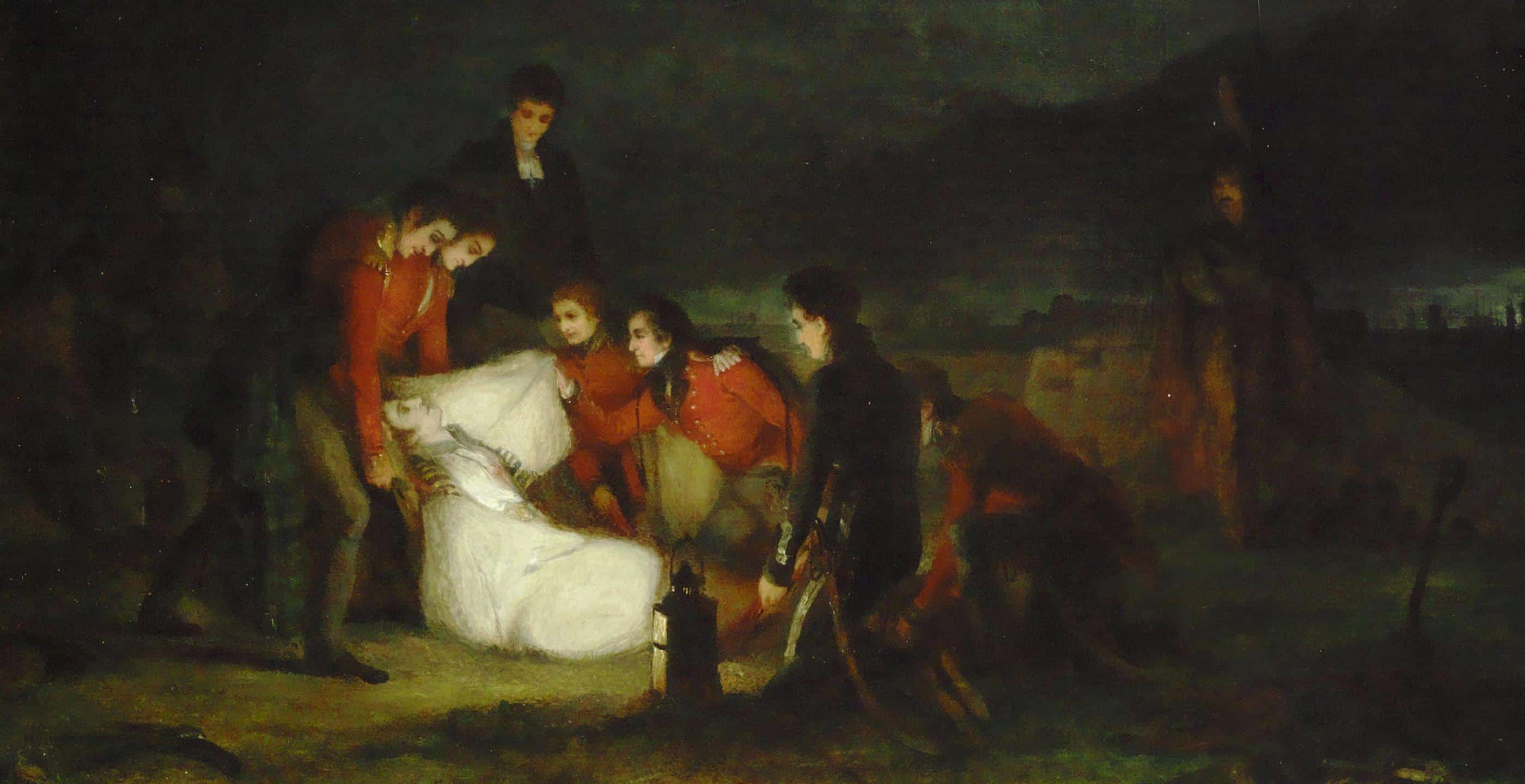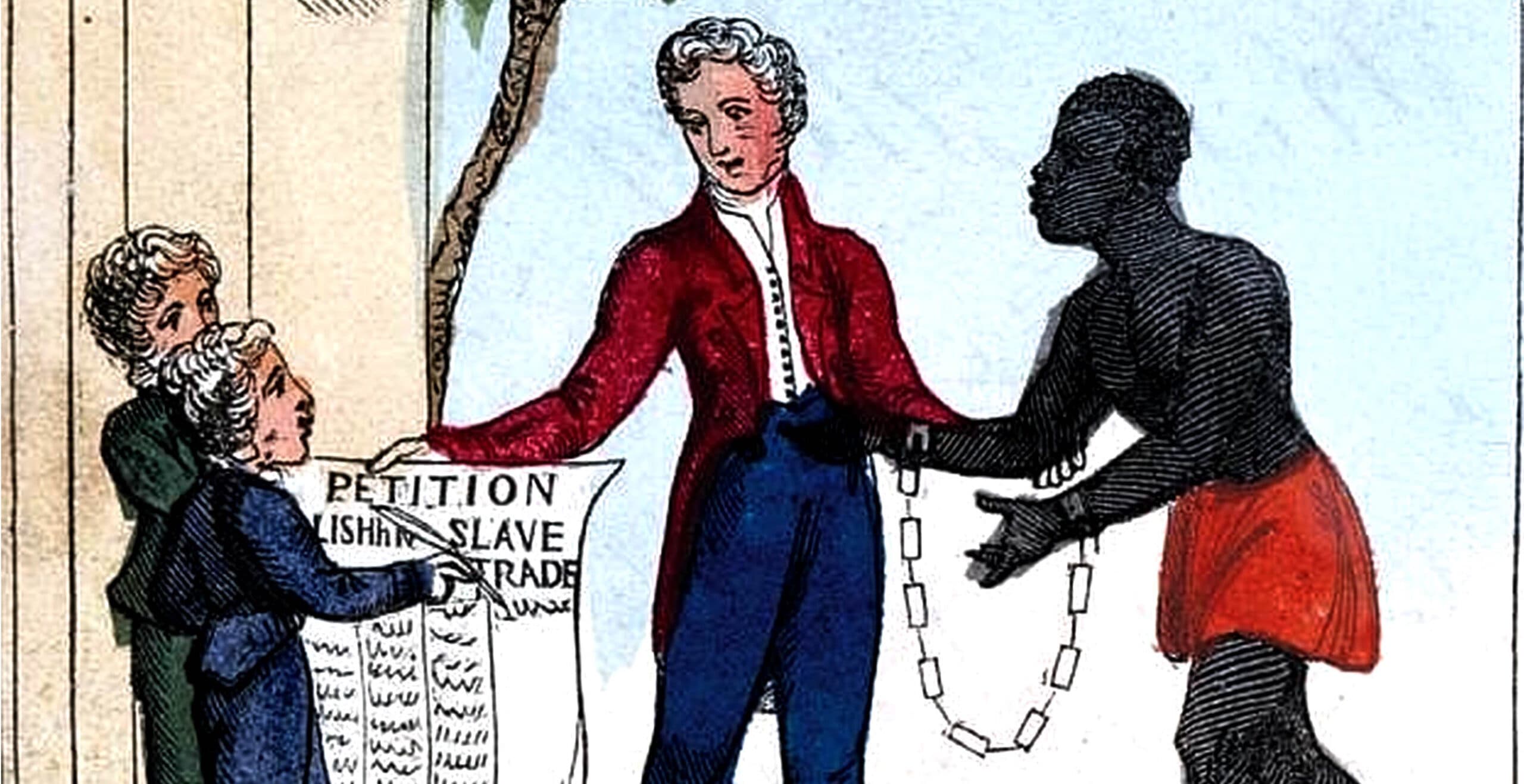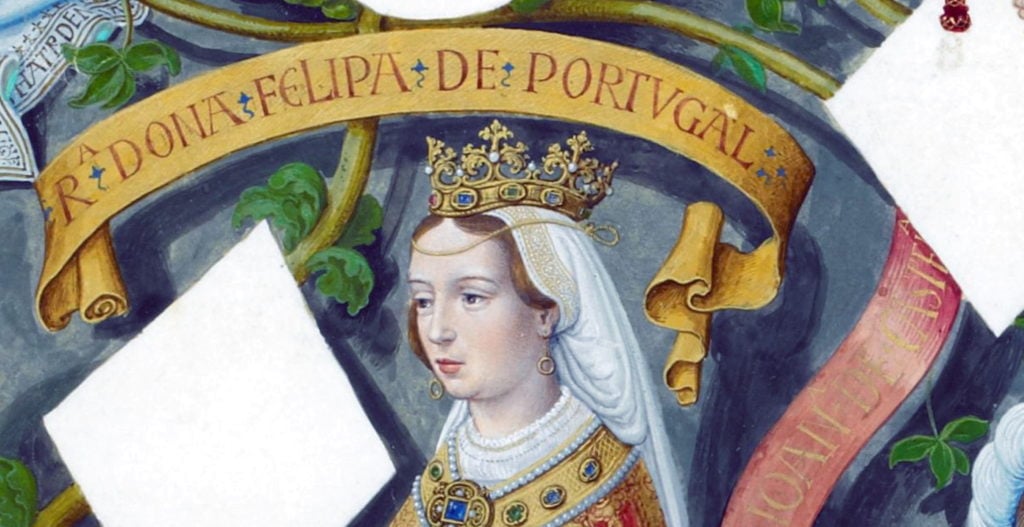On 9th May 1386 the diplomatic alliance between Portugal and England was ratified by the Treaty of Windsor. The oldest peace treaty in Europe was finalised through the marriage of King John I of Portugal to Philippa of Lancaster. The guarantee of support and mutual understanding between the countries survived centuries of upheaval, conflict on the Iberian Peninsula and the engagement of both parties in numerous wars. The historic relationship was cemented back in 1386 and perseveres to this day.
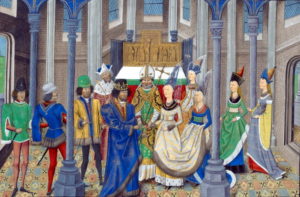
The foundations of this special alliance can be traced back to the Middle Ages. The English had initially intervened and offered support to the Portuguese Crown back in 1147 with the Siege of Lisbon. The King at the time, Afonso Henriques was offered support from the English in order to conquer Lisbon and take the city from the Moors, which he eventually achieved with a little help from his northern counterparts. The English soldiers had been on their way to the Holy Land in order to wage war as part of the Second Crusades. In giving their assistance, the English and Portuguese first began to see each other as friendly European neighbours who could come to support one another in times of need.
The initial foundations of the alliance subsequently came together in 1373 when an Anglo-Portuguese Treaty was agreed between King Edward III and King Ferdinand and Queen Eleanor of Portugal. The agreement established a friendship and international union that would be bolstered by the Treaty of Windsor and reinforced throughout the following centuries in the interests of the two nations.
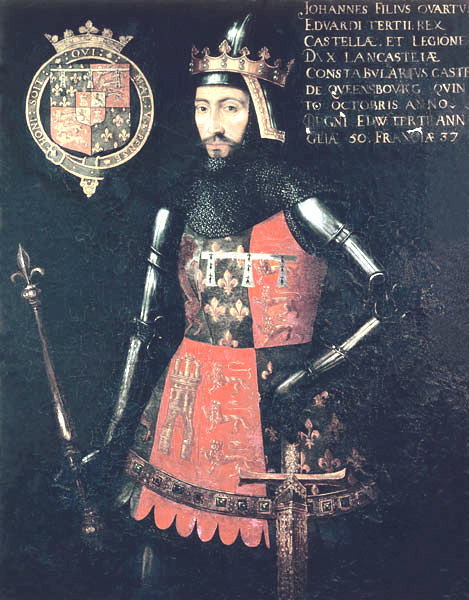
The most crucial support offered by the English was to the House of Aviz, the ruling royal dynasty from 1385 to 1580. The Duke of Lancaster, John of Gaunt, in July 1386 landed in Galicia with the aim of pressing his claim for the Castilian Crown, with the support of the Portuguese. This trip proved unsuccessful and he returned only with fiscal compensation. Nevertheless, John of Gaunt had left his daughter behind with the view of a matrimonial union between herself, Philippa of Lancaster, and King John I of Portugal, to further seal the Anglo-Portuguese relationship. This marriage was a crucial expansion of European noble blood between both countries as John of Gaunt was the patriarch of a generation of princes who would be referred to as the “Illustrious Generation”, based on the future burgeoning prospects for Portugal in this new Age of Discovery.
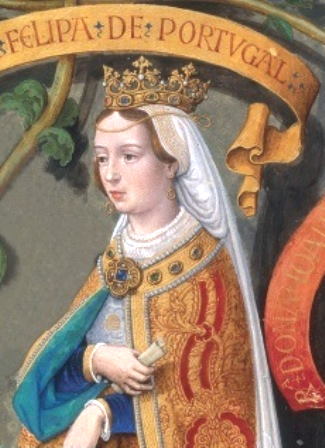
One of the most important roles for Philippa was providing royal patronage for England’s commercial interests at the time. Wine, salt, oil and many more items were exchanged and traded between ports, successfully creating foundations for strong economies in both Portugal and England.
Unfortunately, whilst the success between both countries grew, the alliance faced a massive blockade when in 1580 a dynastic union on the Iberian Peninsula between Spain, one of England’s oldest rivals, united with Portugal in a sixty year association which would interrupt the treaties already signed by Portugal and England. The Spanish, who pursued aggressive foreign policy goals towards England, forced Portugal into the ongoing hostility. The Anglo-Spanish War lasting from 1585 until 1604 was fought with Portugal and England on opposite sides. This interim period of isolation between the respective nations ended after the Portuguese Restoration War which brought the sixty year rule of the Spanish Habsburgs over Portugal to a crushing end.
Over the next few centuries, England and Portugal would lend each other support in matters of international concern and potential warfare. The alliance saw the two countries unite over their common enemies which at the time included Spain, the Netherlands and France. During the Seven Years’ War Britain stepped in as Portugal’s ally when Spain invaded in 1762 and with Portuguese fighters feeling overwhelmed with the superior numbers of Spanish and French fighters, the English and Portuguese persevered and came out triumphant.
Another international conflict where Portugal and the now United Kingdom came together was during the Napoleonic Wars. The domination of the French did not manage to overpower the support in trade given by England to Portugal and eventually with the help of the British, Portugal regained independence and sovereignty from the dominant force in Europe. The British even provided the fleeing Portuguese royal family with an escort in order to ensure their safety when reaching Brazil.
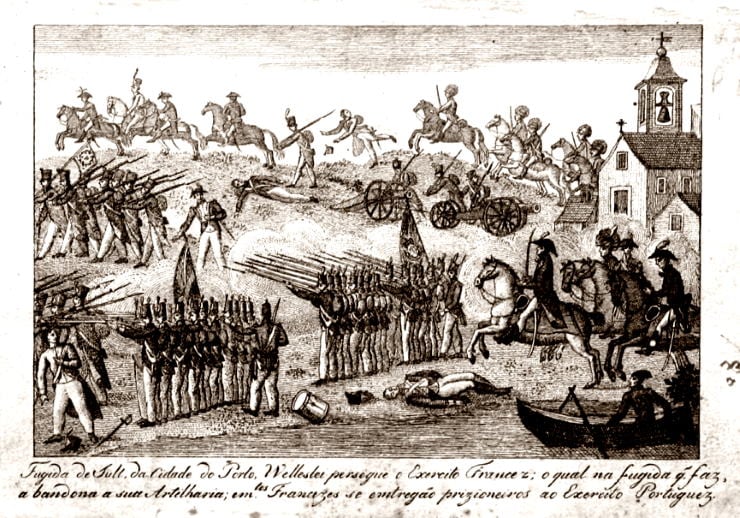
The unwavering support between the respective nations continued throughout the centuries, with British involvement in the Portuguese Civil War which provided crucial support to the Liberal faction in a time of absolute crisis over the issue of royal succession. Nevertheless, as the two superpowers began to develop their economic ties across the world, their interests began to collide and competition in the age of exploration and expansion resulted in a controversial foreign policy move by the British government. On 11th January 1890 the British Ultimatum was issued, forcing the Portuguese military to push back from areas which they had previously laid claim, on the basis that the United Kingdom had current occupation in the area. These disputed lands included areas between Mozambique and Angola, in addition to Zimbabwe, Zambia and large sections of Malawi.
The Portuguese were outraged at this audacious move by the British. They felt humiliated on the world stage and considered the move in breach of their agreement made back in 1386. The shame was felt keenly by the Portuguese and it lead to the denouncement of the government which subsequently fell. An infamous act committed by the British greatly damaged the special relationship which had developed over the previous centuries: it was even said that the “Ultimatum” inspired the lyrics of the Portuguese National Anthem. Some go as far as to suggest that it could have led to the Republican Revolution which terminated the Portuguese monarchy twenty years later.
Remarkably, despite the sudden breach of trust, the Portuguese and British governments managed to weather the stormy international waters and remain supportive of each other during the wars of the twentieth century. The oldest peace treaty was subsequently invoked on several occasions during this tumultuous period in European history.
During the First World War, the Portuguese troops fought on the Western Front along with the Allied soldiers after German incursions in Mozambique. During the Second World War, the Portuguese Government announced that the treaty remained and as Britain did not ask for assistance, their stance would remain neutral. In the year 1940, the Portuguese leader Salazar helped the British when Gibraltar evacuees were shipped to Madeira. Winston Churchill, happy with the international friendship, congratulated Salazar on remaining neutral in a time of great unrest. Forty years later the treaty was invoked again, when Britain requested the use of military facilities on the Azores in 1982 during the Falklands conflict.

The long-lasting alliance served both countries well through periods of hardship, economic expansion, international conflict and social changes. The cooperation between Portugal and the United Kingdom continues to this day: although working through different institutions, the oldest peace treaty in Europe has stood the test of time as both countries continue this international friendship today and hopefully well into the future.
By Jessica Brain. Jessica is a freelance writer specialising in history. Based in Kent and a lover of all things historical.
